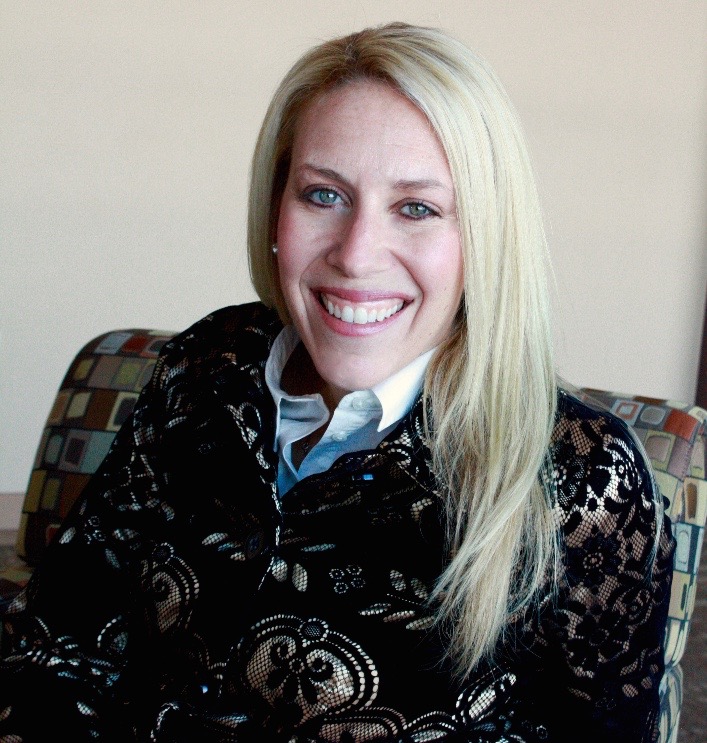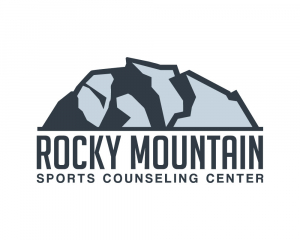Mental Health and Sport

The story of Rocky Mountain Sports Counseling Center (RMSCC) begins five years ago.
This counseling center was founded five years ago to provide mental health support for athletes as they compete in sports, and also when they reach retirement. The initial goal of Rocky Mountain Sports Counseling Center —to help professional athletes—expanded to multiple strata of athletes. These athlete groups included youth, club, high school and collegiate levels. As awareness of Rocky Mountain Sports Counseling Center grew in the Denver Metro community, athletes began to seek support from various mental health disorders. They also sought mental health support when injured or struggling with coaches. This second goal was to include athletes who were no longer competing, yet transitioning from sport to post-sport life.
The key phrase of Rocky Mountain Sports Counseling Center is to support athletes as they work through mental health crises, injuries, and retirement. Most often, athletes do not seek counseling-related support by themselves, but they are referred by concerned coaches, athletic trainers, parents, teammates, or friends. The counselors at Rocky Mountain Sports Counseling Center focus solely on the mental health needs of athletes and what mental health disorders will mostly likely prevent them from being able to compete in their sport. The counselors at Rocky Mountain Sports Counseling Center often find that the mental health disorders which generally affect athletes are the following: Generalized Anxiety Disorder, Major Depressive Disorder, Panic Disorder, Obsessive Compulsive Disorder, Anorexia Nervosa and Binge-Eating Disorder
These mental health disorders often serve as the root of the symptoms which bring athletes into Rocky Mountain Sports Counseling Center. Common symptoms of clients include racing heart before competing, panic attacks, low motivation for training, withdrawal from peers, disordered eating patterns, negative thought patterns around performances (all-or-nothing thinking), and fear of the unknown in retirement. Most athletes lack awareness of how these symptoms can affect performance (or retirement). Very rarely are they taught to seek help for mental health disorders.
Even though some athletes are unaware of ways to seek help, many of these mental health disorders have practical solutions. Most counselors who work with athletes use Cognitive Behavioral Therapy (CBT) techniques to provide supportive around maladaptive behaviors and negative thought patterns. At Rocky Mountain Sports Counseling Center, athletes are provided with counselors who understand the struggles that athletes go though (all counselors are former athletes) as well as processing though mental health struggles. The counselors also provide skills training such as positive thinking, awareness of negative thoughts, reframing, and mindfulness techniques. Additionally, homework assignments are given such as journaling about anxieties they experience, relaxation techniques, and progressive muscle relaxation. Skills training could also include career counseling for athletes who are nearing retirement or have already retired.
As these techniques at RMSCC transform athletes and their understanding of mental health, entire communities have the potential to be changed. The athletes who have reported success at Rocky Mountain Sports Counseling Center are excellent advocates for mental health support to their teammates and coaches. They understand the ‘why’ for getting support early for mental health disorders, as well as how counseling can help with stressors in sport. They also know the importance of planning for mental health disorders which can arise in retirement. As awareness of athlete mental health continues to rise at the national level, both in amateur and professional sports, Rocky Mountain Sports Counseling Center counselors have begun to provide mental health support to teams, coaches, and support staff as well.
As these techniques at RMSCC transform athletes and their understanding of mental health, entire communities have the potential to be changed.
— BROOKE EWERT
Listen to the companion podcast.

To learn more about the work Brooke does, check out the Rocky Mountain Sports Counseling Center.


 Credit Auburn Athletics
Credit Auburn Athletics